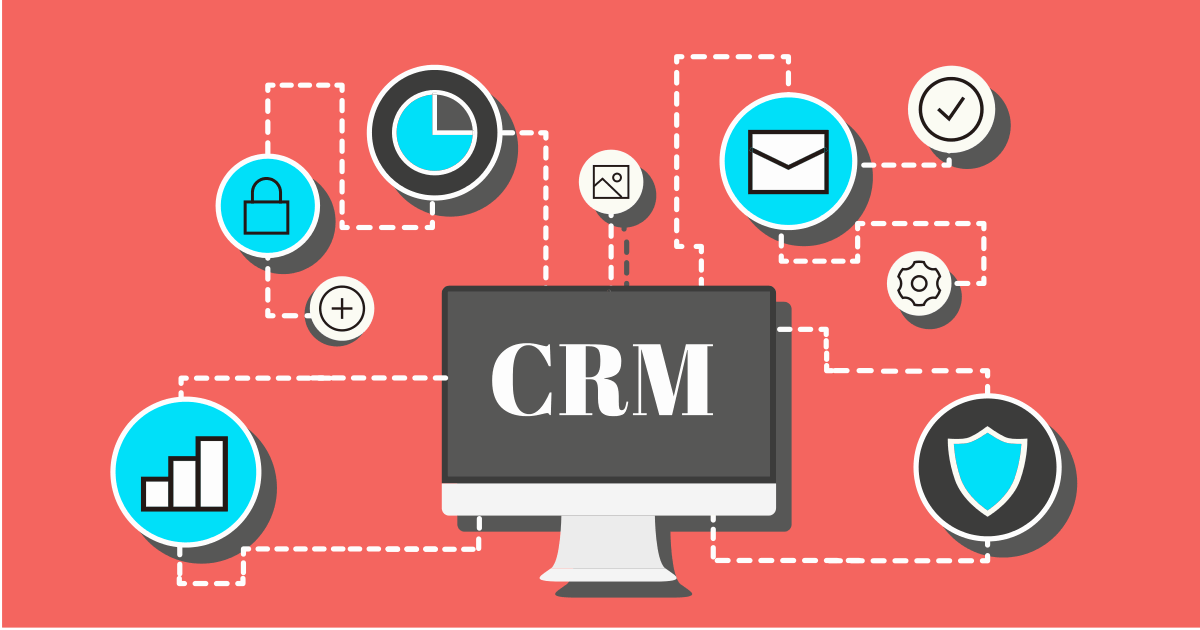
What Is CRM in Business? Understanding the Power Behind Customer Relationship Management
November 12, 2025In today’s competitive business world, success depends not only on great products or services but also on how well a company manages its relationships with customers. This is where CRM, or Customer Relationship Management, plays a crucial role. But what exactly is CRM in business, and why is it so essential for modern organizations?
CRM in business refers to the strategies, technologies, and systems used to manage interactions with current and potential customers. The goal of CRM is to improve customer satisfaction, enhance retention, and drive business growth by streamlining communication and organizing data efficiently. At the heart of this concept lies CRM software, a digital tool designed to centralize all customer information in one place, making it accessible to sales, marketing, and support teams.
One of the main purposes of CRM in business is to build stronger customer relationships. By tracking every interaction — from emails and phone calls to purchase history and feedback — businesses can better understand customer needs and preferences. This enables companies to offer personalized services, anticipate future demands, and create a more engaging customer experience.
CRM systems are also used to increase sales efficiency. They help businesses manage leads, monitor sales pipelines, and automate routine tasks such as follow-ups and reminders. With real-time access to customer data and performance analytics, sales teams can identify high-potential opportunities, close deals faster, and forecast sales more accurately.
In marketing, CRM supports data-driven decision-making. Marketers can segment customers based on behavior or demographics, run targeted campaigns, and measure results with precision. This ensures that marketing efforts are focused and effective, reducing costs while maximizing return on investment.
Customer service teams also benefit greatly from CRM systems. With a complete view of each client’s history, support staff can provide faster, more informed responses and resolve issues efficiently. This leads to higher customer satisfaction and long-term loyalty — both key factors in business success.
Modern CRM platforms are often cloud-based, enabling businesses to access data securely from anywhere and collaborate seamlessly across departments. Many also integrate with tools like email, e-commerce, and social media, ensuring that all customer interactions are captured and analyzed in real time.
In conclusion, CRM in business is not just a software solution; it is a strategic approach that transforms how organizations connect with their customers. By improving communication, streamlining operations, and leveraging data insights, CRM empowers companies to strengthen relationships, boost productivity, and achieve sustainable growth in an increasingly customer-centric marketplace.









